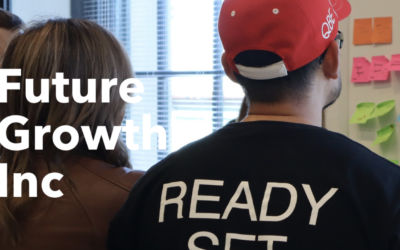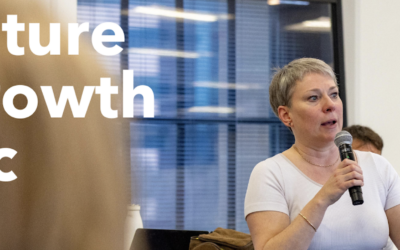At the recent mentor evening at Telstra’s Muru-D accelerator, we were shocked to realise that we have been working with the Muru-D startups for over two years. Time has flown. Businesses have launched and friendships have been formed. It is a timely reminder that a lot can happen in a short period of time.

Mentoring often has unexpected rewards. Sure, you meet interesting people and have the opportunity to see new businesses grow very quickly. But you also learn along with the teams you work with – it is a constant flurry of activity. An intense period of time punctuated by stops, starts, hope and heartbreak. There are fast failures and plenty of “flearning”. And very now and then, a very satisfying success.
The Muru-D team, themselves, have been hard at work improving their own systems. Connecting the dots between the local programs and those running overseas. Annie Parker, Mick Liubinskas and Rachel Bui have done a great job cementing new partnerships with international accelerator programs, offering a fantastic path to new markets, and a new funding program of up to $200,000 will help the next class bridge between the program and major capital raisings (see infographic below).
The Class 3 bootcamp is just around the corner – running in early December. The task ahead is to narrow the field from the 40 shortlisted startups down to a team of 20 for bootcamp training. Only 50% will make the grade for a 2016 start. But all will leave the program changed. It promises to be an exciting time for startups in Australia – especially for those hardworking teams that make the cut.




